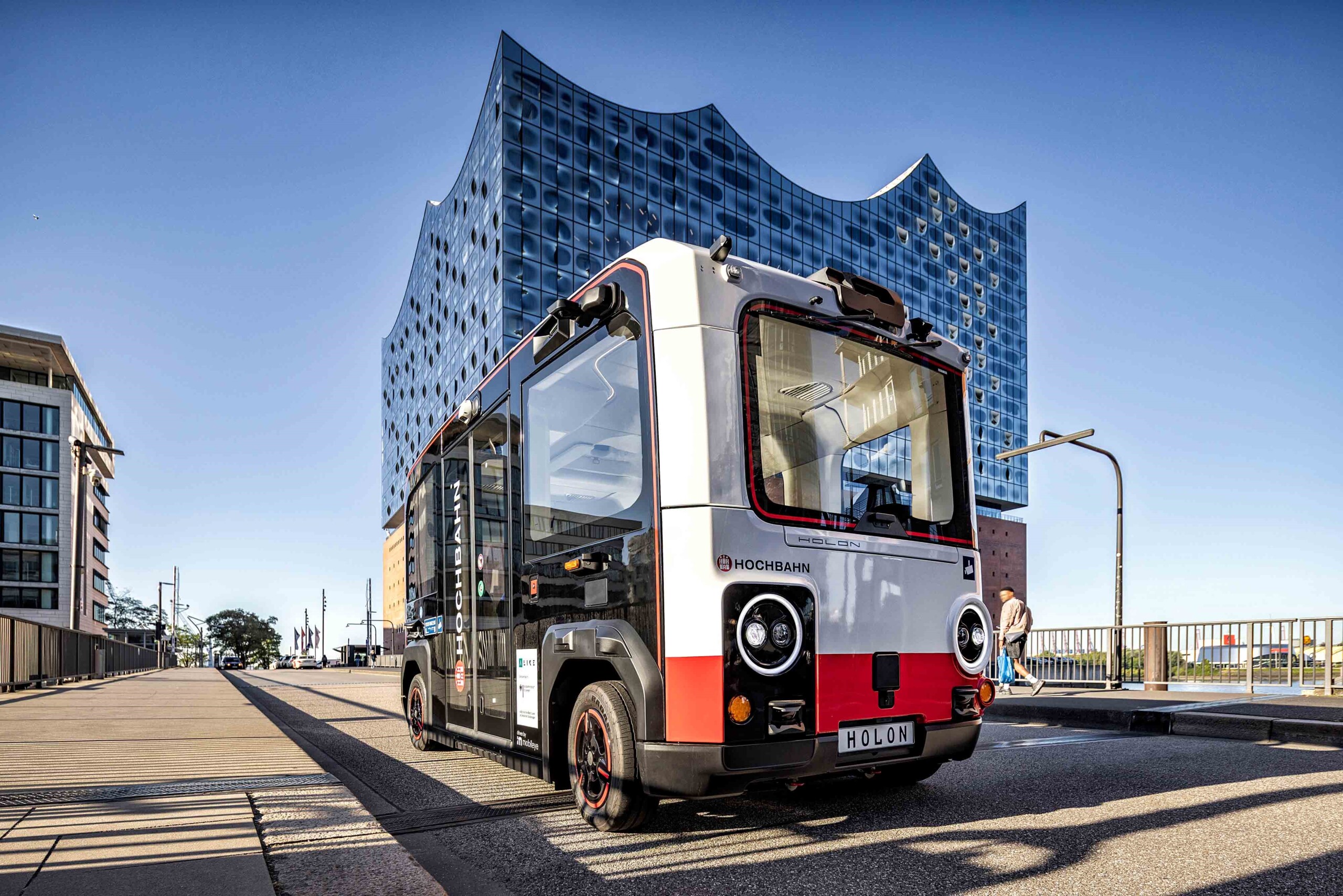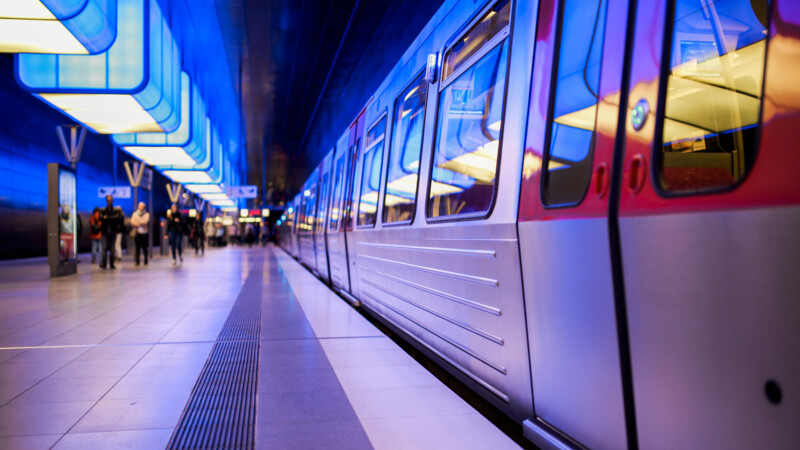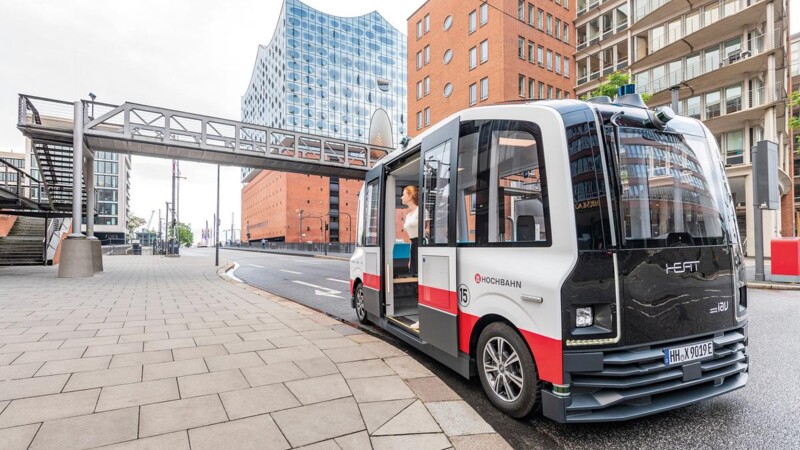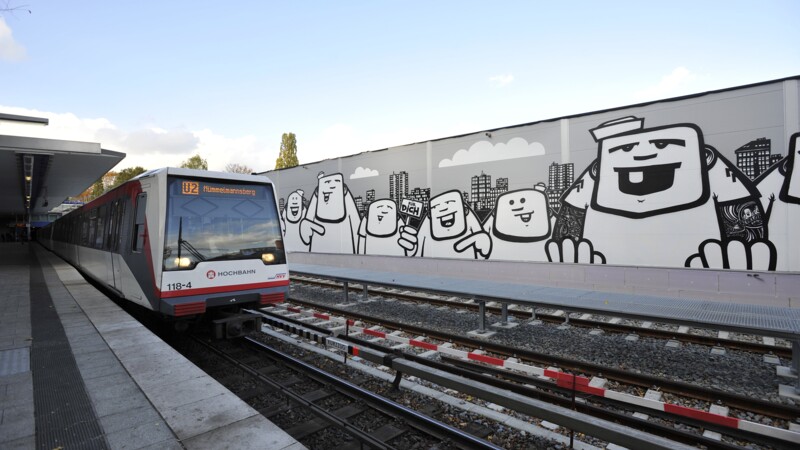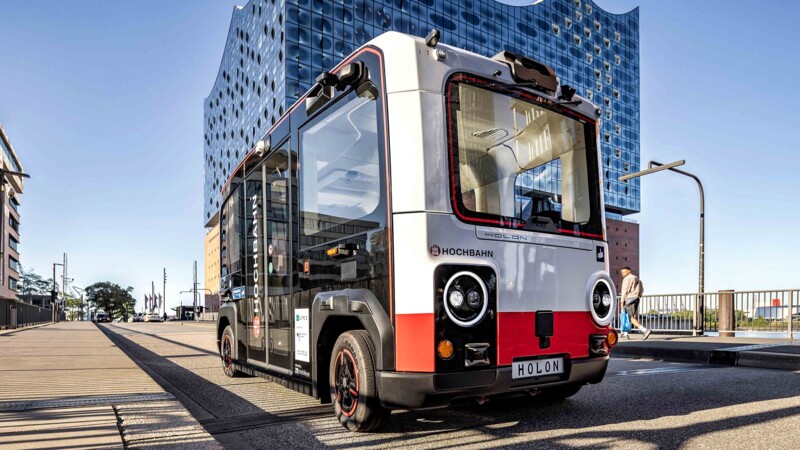Digitalisation, artificial intelligence, automation and autonomous driving hold huge potential, but require uniform standards and scalable approaches. "Our shared objective is to leverage the opportunities presented by digitalisation and emerging technologies to deliver appealing mobility solutions that are closely aligned with our customers' needs,' said Robert Henrich, CEO of Hochbahn.
The strategic partnership will focus on three fields of application:
- Autonomous driving: Up to 2,000 autonomous public transport vehicles are to go into operation in all three cities by 2035.
- Mobility platform "MAX": Joint app for bus, rail and shared mobility services
- Standardised sales systems: customers should be able to buy tickets digitally and uniformly.
